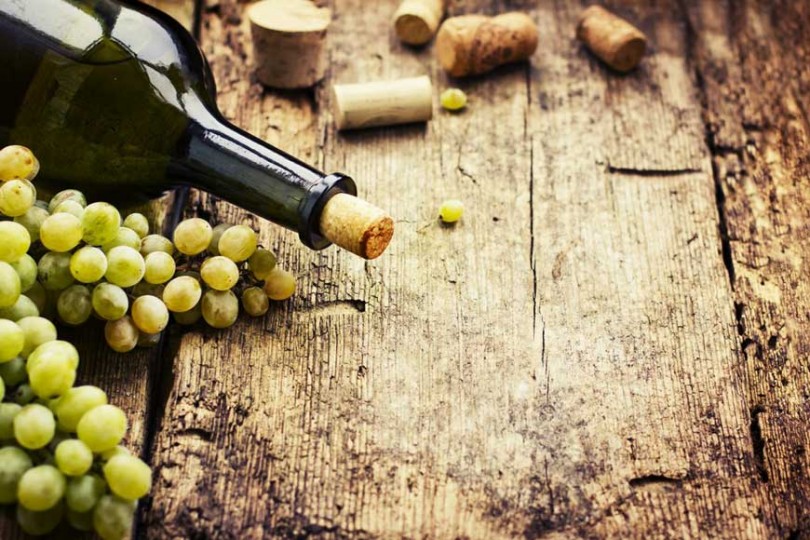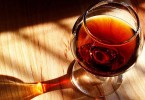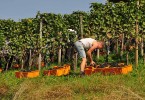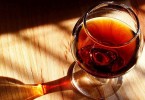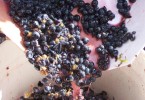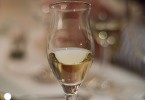Biological wine: the new code of production
Up to two years ago, there was a wine produced by biological wine, even if it you could not talk about biological wine. Finally, after years of discussions, in 2012 the European Union defined the guidelines of production and labelling of biological wine.
On 14th March 2012 it has been published the code of conduct n. 203/2012 that define the production of biological wine and allow to place the European logo of bio products on the label. From the first august 2012, thus, the wine makers can use the words biological wine.
In this way, it covered a legislative void that affected the wine world for 20 years.
Moreover, if the wines produced before the 2012 have been produced with biological grapes and following the rules of the code of production (proving evidence of it), they can be labelled with the words biological wine.
Forbidden practices for biological wine
The European rule n. 203/2012 forbids some oenological practices on the production of biological wine. It is forbidden, for instance, the partial cold concentration that means the preservative treatment of the vine through the partial elimination of water under the shape of ice crystals.
Other forbidden practices are the elimination of sulphurous dioxide from the musts with physical procedures and the tartaric stabilization of the wine via electrodialysis.
This technique allows to divide the tartrate ion from the potassium ion, through the use of an electric field with the aim to enhance the stability of the wine.
Other two forbidden techniques in the production of biological wine are the partial dealcoholisation and the treatment of exchangers of cations to guarantee the stabilization tartrate.
Limited practices
The regulation n. 203/2012 establish the limits of some frequent practices in the oenological production. The thermal treatment, for instance, doesn’t exceed the 70°C. The microfiltration is allowed, but the holes have to have a diameter of not less than 0,2 micron: this represent a strong prohibition to the ultra and nano filtering.
The adjuvant allowed have to have natural origin, both animal and vegetable or microbiological as yeasts and bacteria (better if they are biological), the synthetic ones are reduced.
The allowed substances, thus, decrease at 44, that means 24 less than the one admitted in the conventional wines and among them there are also the food gelatine, vegetable proteins, ovoalbumin, isinglass and Arabic rubber.
Among the yeast, the producer of biological wine should privilege the use of bio yeast, but it can use also the conventional ones, not OGM or the spontaneous fermentation or the use of its own yeasts.
Sulphites in the biological wine
It is fundamental, in the new regulation, to fix the maximum ceiling in the use of sulphites. The discussion has been long but, at the end they choose the way of the mediation: the decreasing of sulphurous dioxide in the biological wine has been lower than expected.
The maximum level of sulphurous dioxide, thus, can’t exceed the 100 mg/l in the red wines and the 150 mg/l in the white wines or rosè. There is, then, the possibility to ask for the permission to enhance the doses during the most difficult years where the biological grapes risk bacteria and mycosis attacks.
It is interesting, then, to know that a study supported by the European Commission showed that, even before the law came into force, the 50% of the biological wineries in Europe used to produce wines with a concentration of sulphites between 30 mg/l and 60 mg/l and another 30% doesn’t exceed the 90 mg/l.
From some years, moreover, some Italian producers started to experiment the bio vinification without nitrites with excellent results. The premises, thus, are strong and the panorama of the bio production can grow and rise.
Further steps towards aware purchases
It is fundamental, now, to read the label and do not be confused by cheating words like natural wine that doesn’t have any kind of guarantee and are the synonym of high quality and controlled product.

